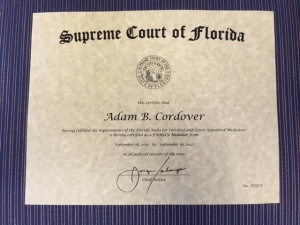Cordover Presents on Collaborative Mediation for International Academy of Collaborative Professionals
On July 17, 2024 at 1:00 pm Eastern Time, Family Diplomacy managing attorney Adam B. Cordover will co-present a webinar on “Collaborative Mediation: Engaging Mediators in the Collaborative Process.” The presentation is for the International Academy of Collaborative Professionals and sponsored by OurFamilyWizard.
Adam’s co-presenters are Heather McArthur, co-founder and president of Collaborative Professionals of Central Florida and a Florida Supreme Court Certified Family Law Mediator, and Keith Grossman, a Florida Supreme Court Approved Primary Family Mediation Trainer and president of the Southwest Florida Collaborative Professionals Association.
Adam’s Philosophy on Collaborative Divorce
Adam’s philosophy is that almost anybody going through divorce can benefit from a Collaborative Divorce, but that we professionals need to have as many tools as possible to help as many families as possible. Rather than try to force a family into a particular model of Collaborative Practice, we should shape a model to meet that family’s needs. Many Collaborative Lawyers have heard of models such as One-Coach/Neutral Facilitator, Two Coach, or Lawyer-Only. This presentation will discuss a different model: Collaborative Mediation.


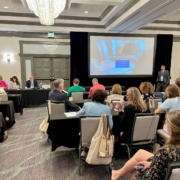
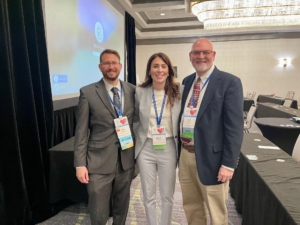

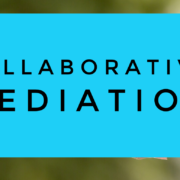

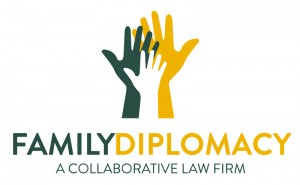 Rather, when I act as the neutral mediator, I prefer to practice face-to-face mediation.
Rather, when I act as the neutral mediator, I prefer to practice face-to-face mediation.